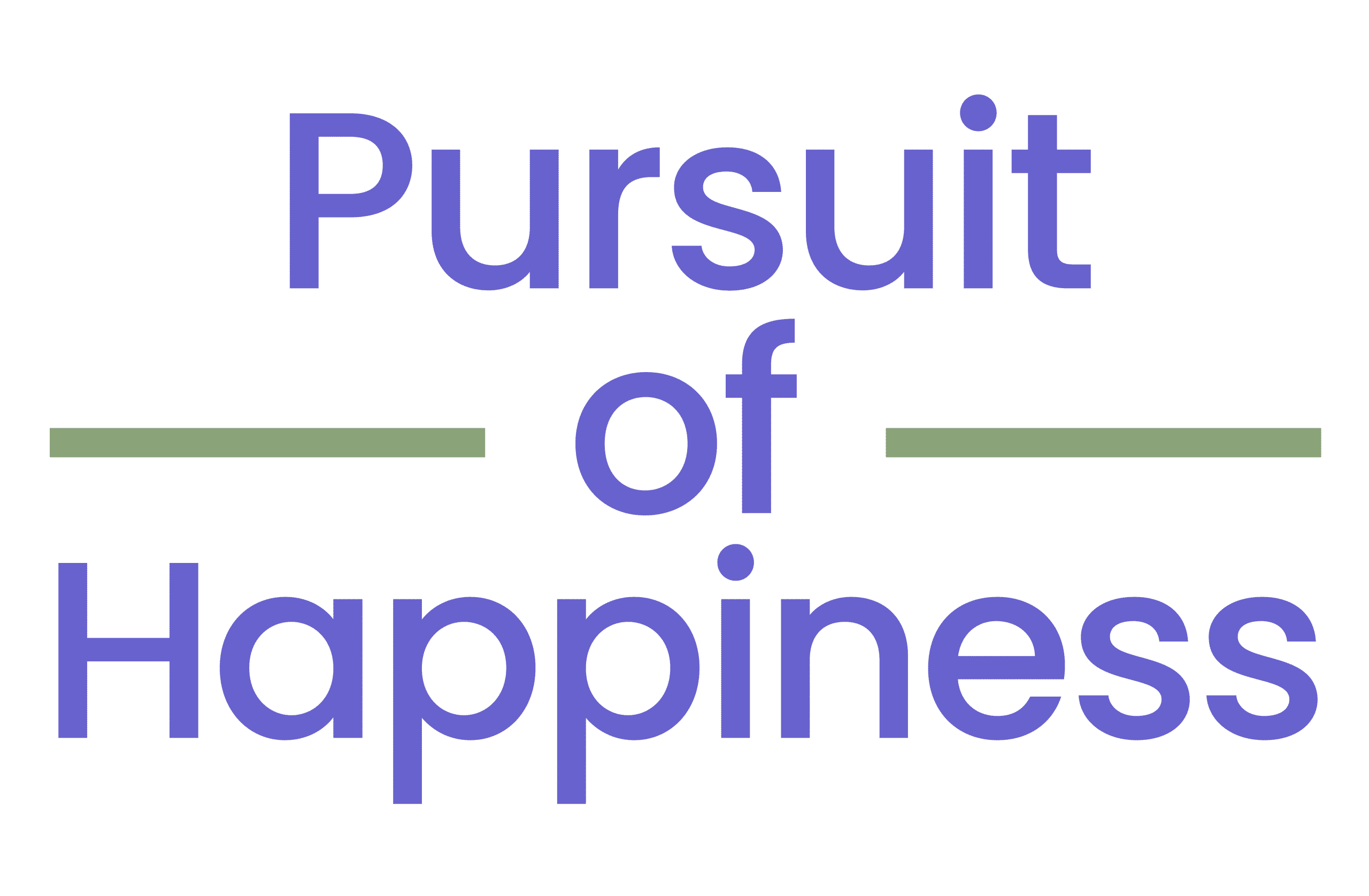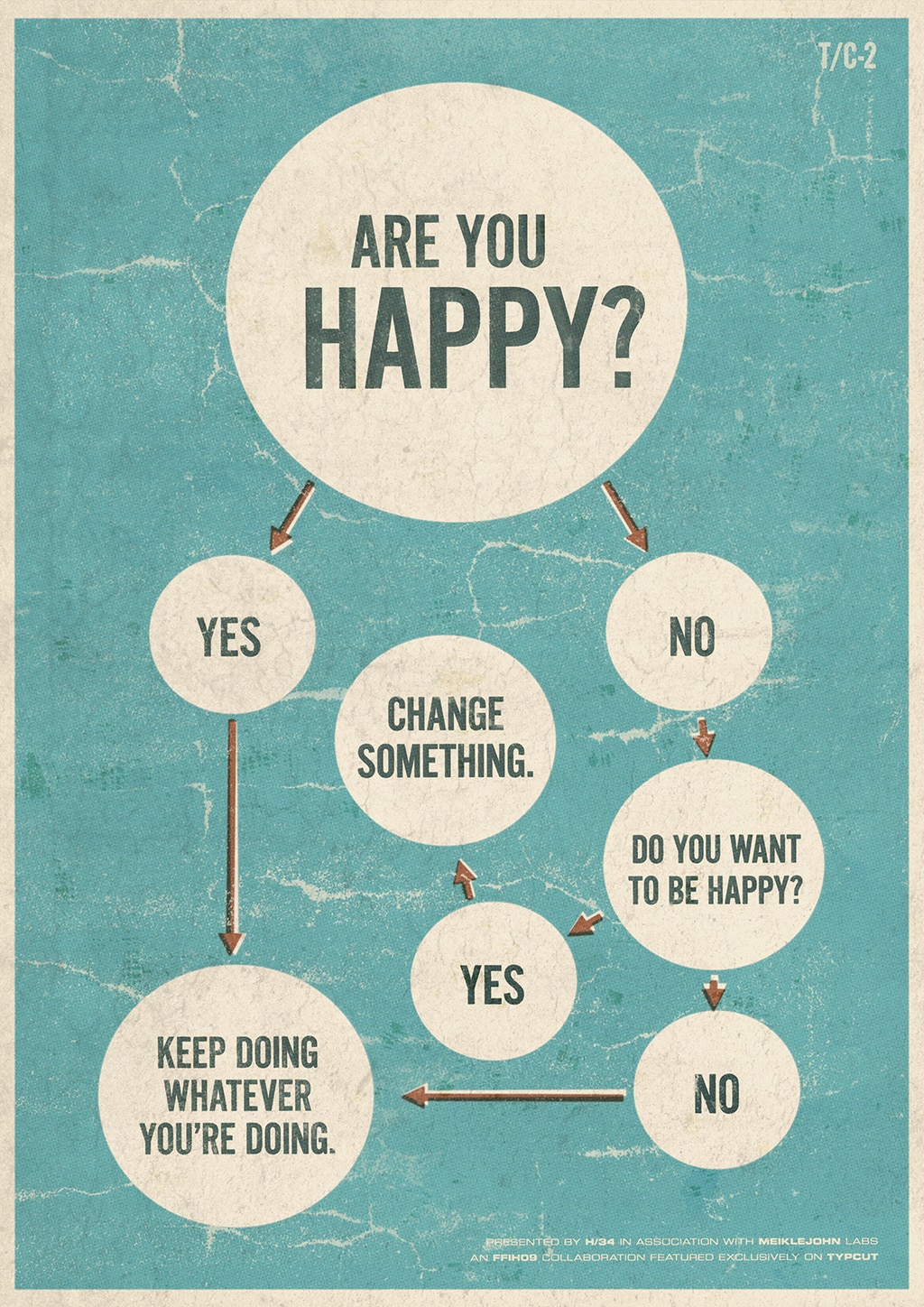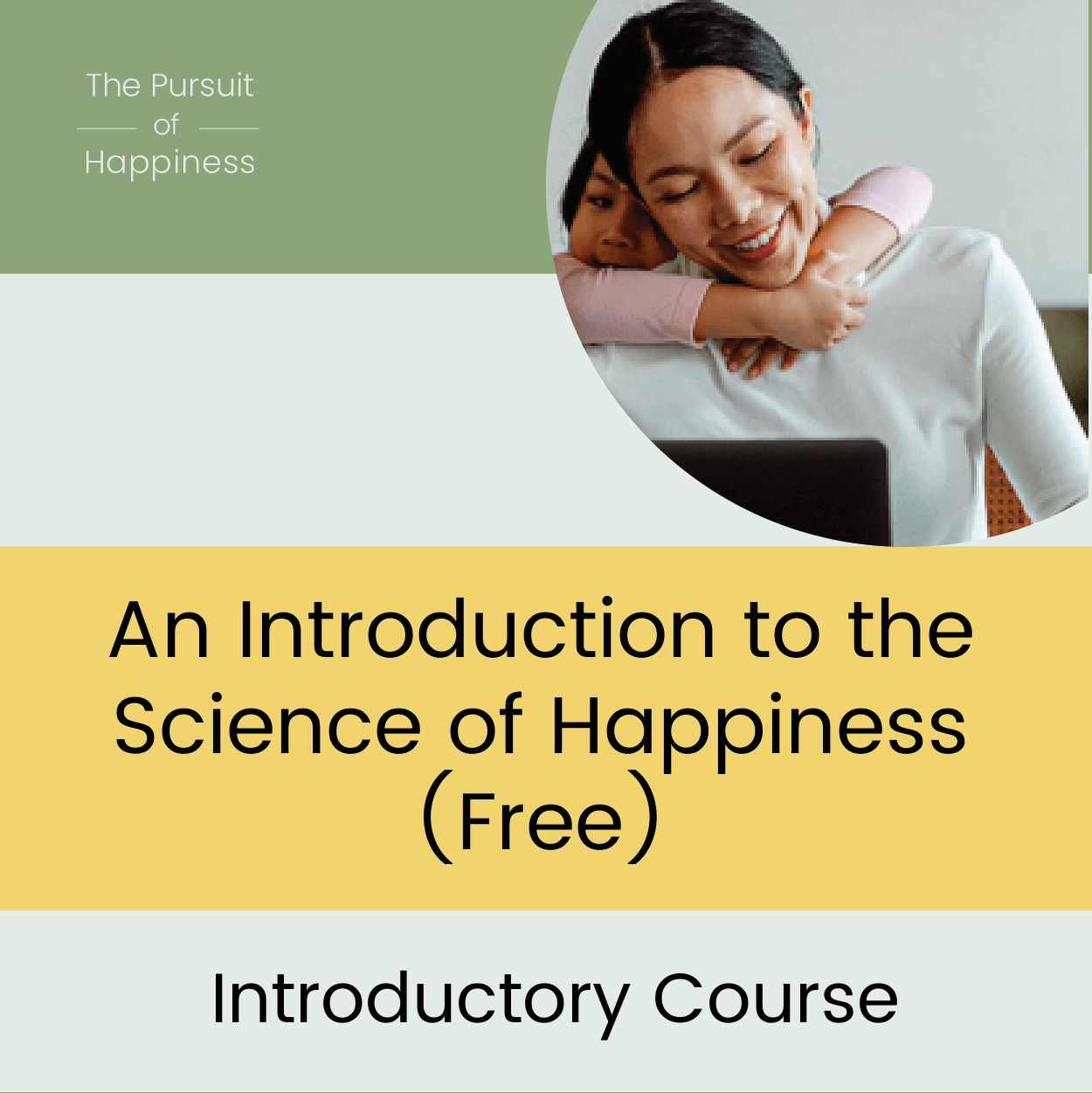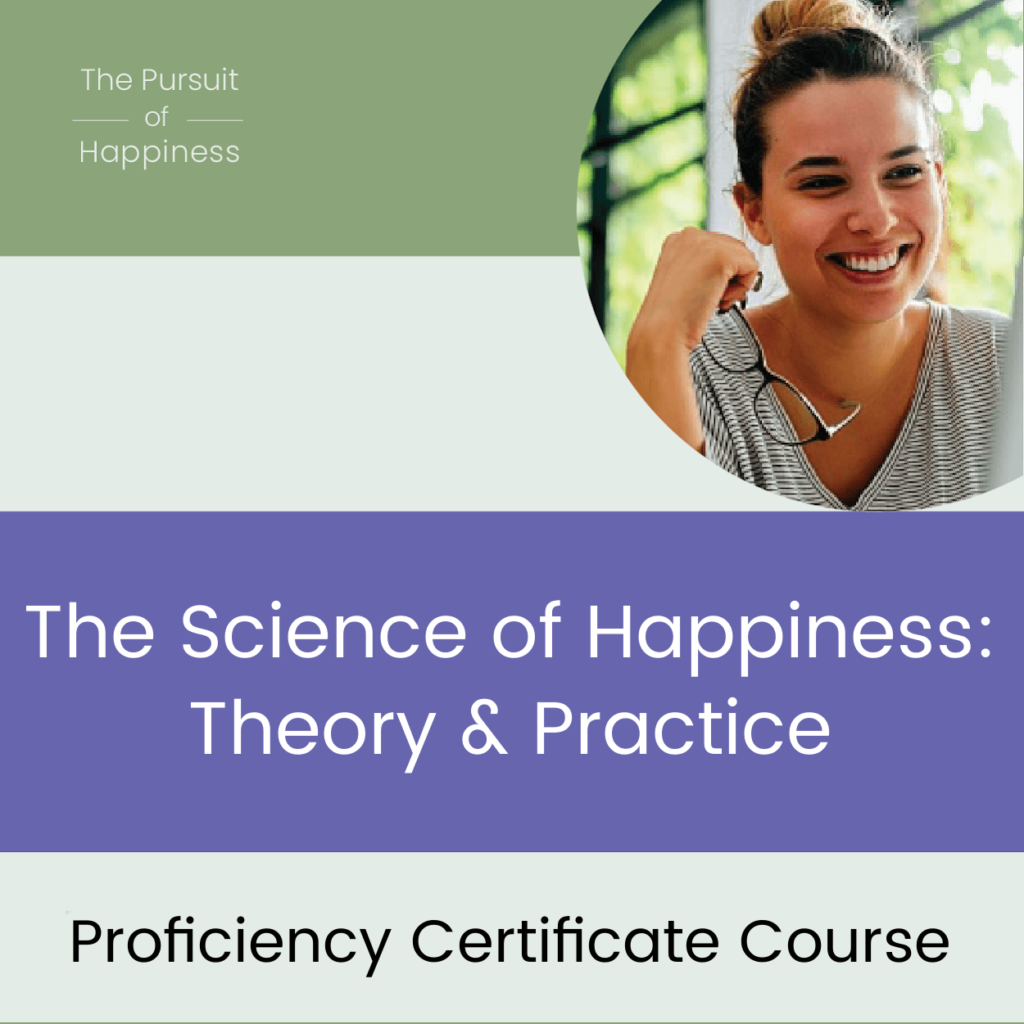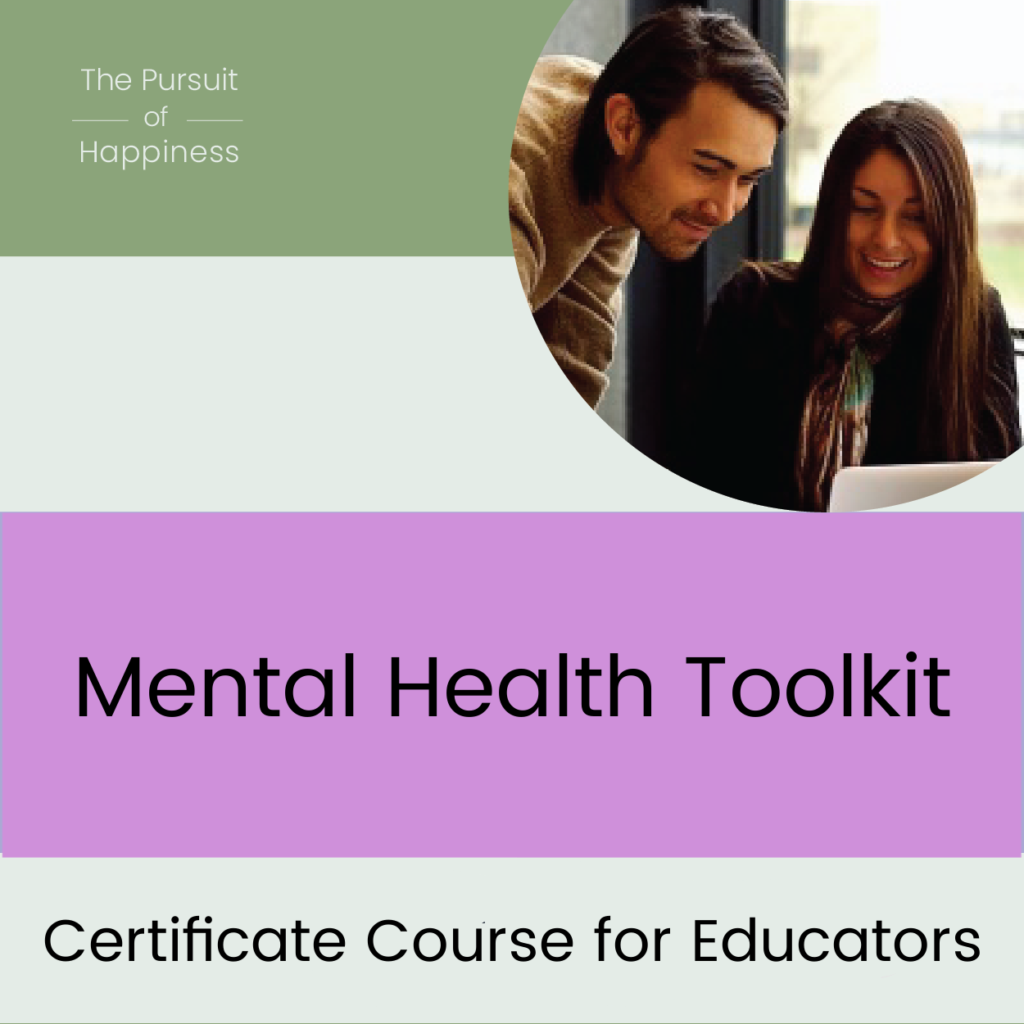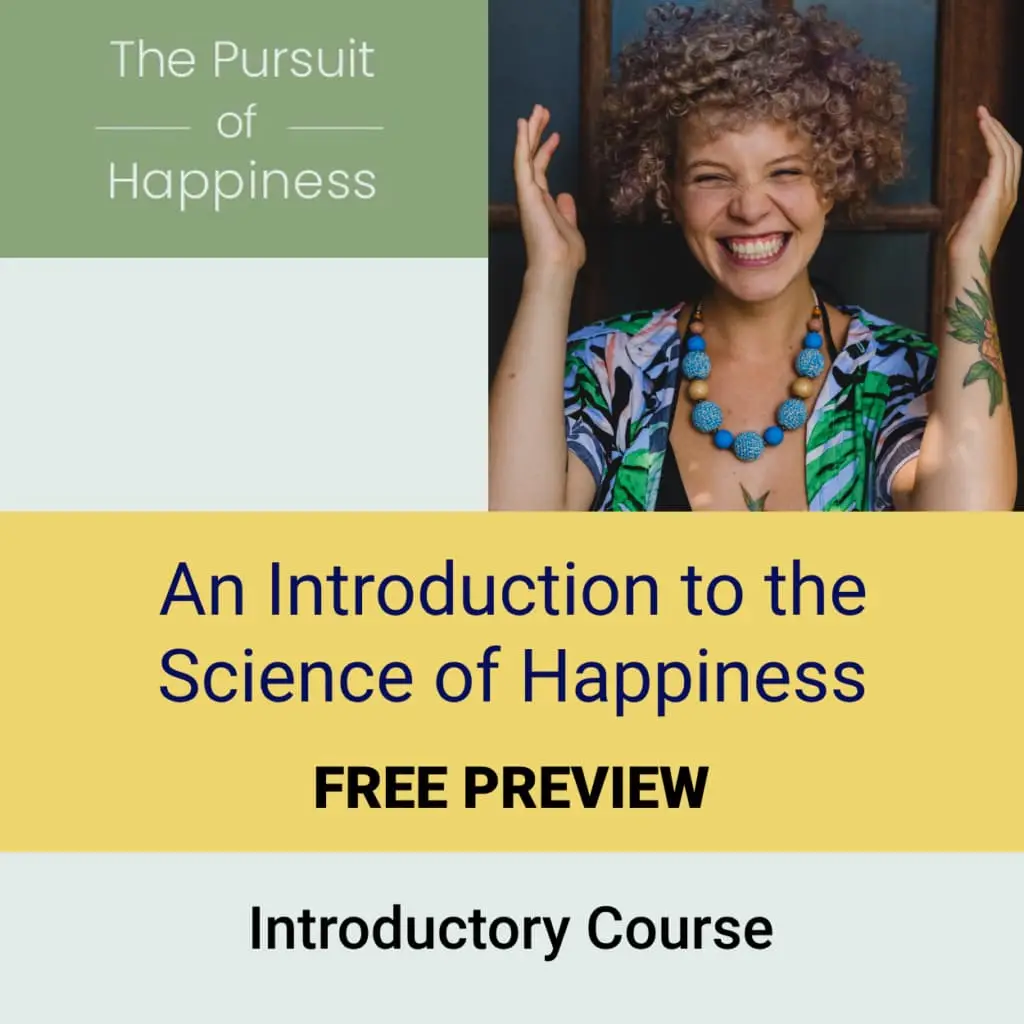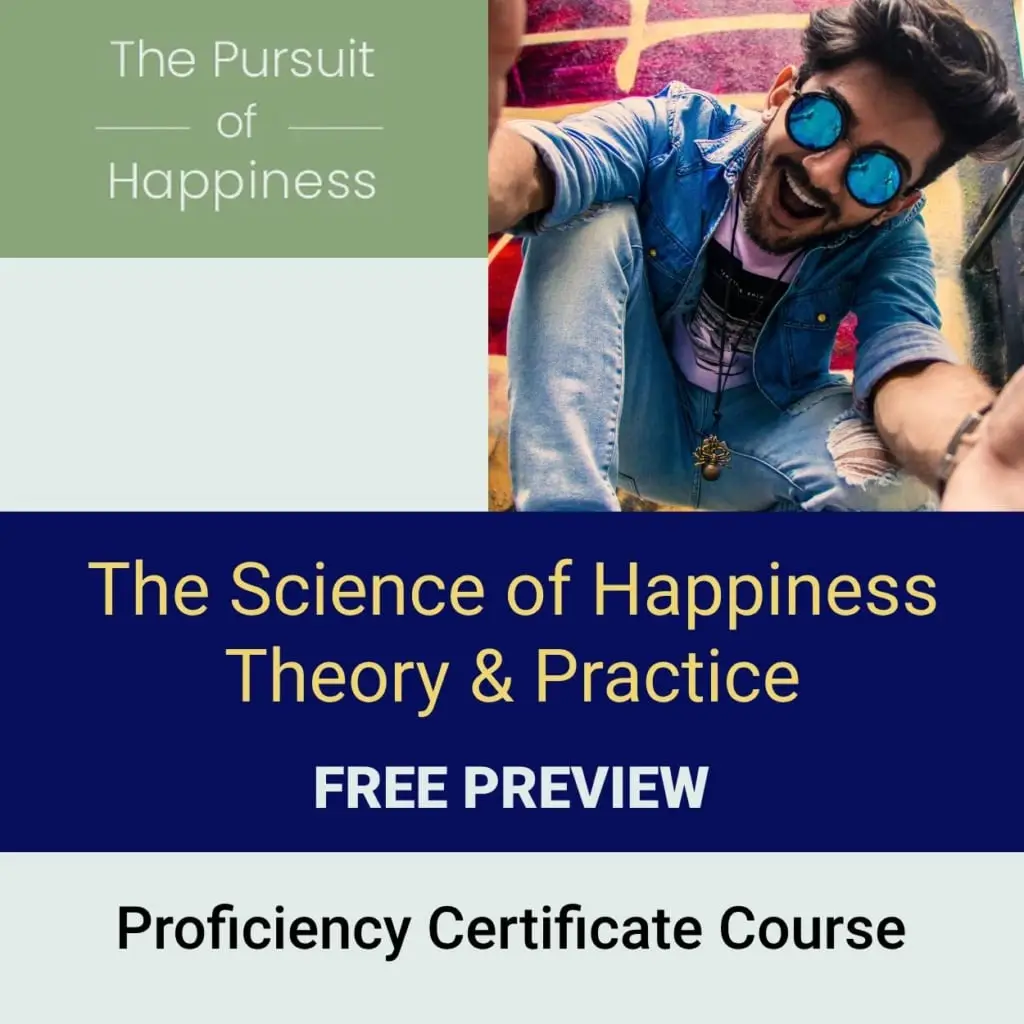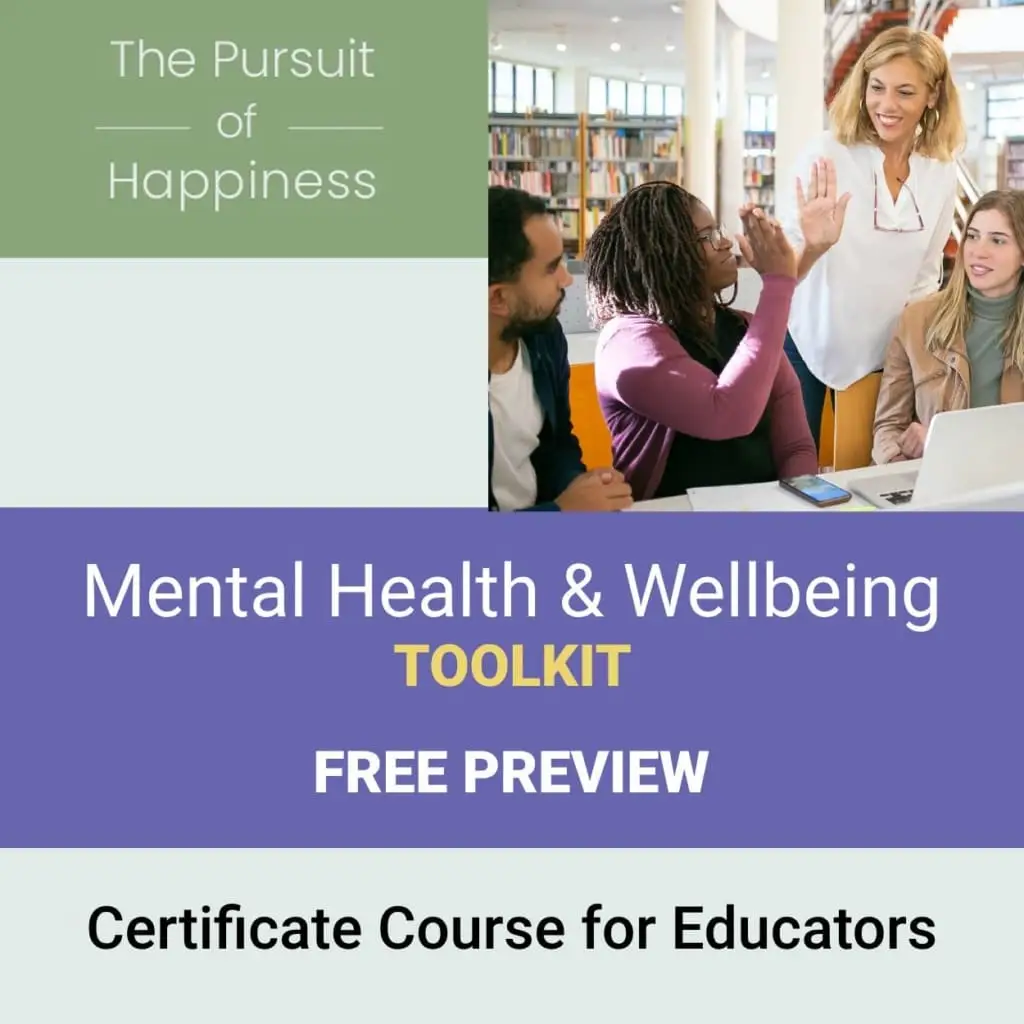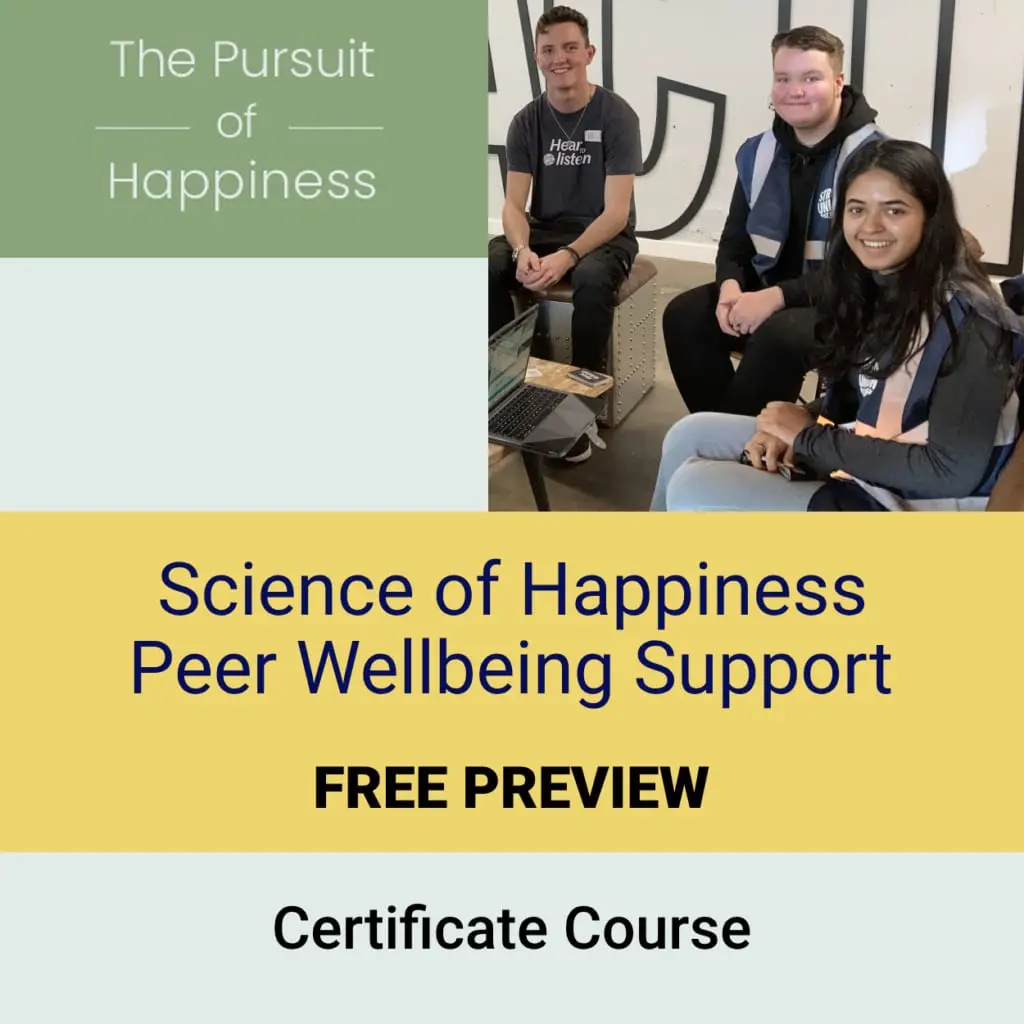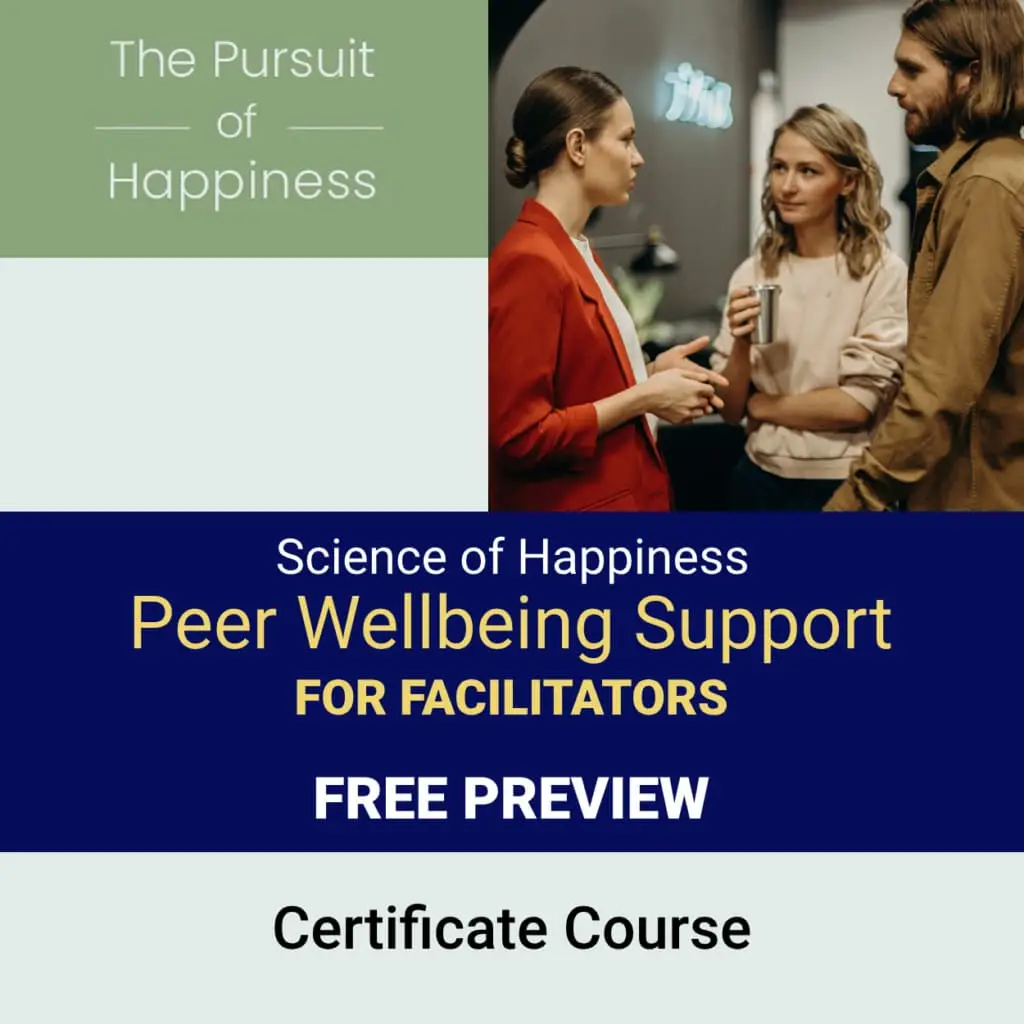 How to Be Happy:
How to Be Happy:
Quick Tips Based on New Discoveries
CONTENTS
1. Express your heart
2. Practise acts of kindness
3. Keep moving
4. Find your flow
5. Take care of your gut garden
Many of these tips on psychological wellbeing are easy to practice. Some, especially the ones that lead to long-term happiness and wellbeing, need a little spade work. Some may seem like common sense. Some may surprise you (especially number 5).
All these tips are based on hundreds of scientific studies.
If you prefer videos, graphics and fun quizzes, try our free course: The Introduction to the Science of Happiness.
1. Express Your Heart.
Nearly all psychologists agree that talking to people about your feelings can have an enormous impact on your mood. It depends on what you talk about.
TIPS:
If you are feeling down, try to find a real human being and talk face to face. If you can’t, phone calling is better than texting. And video chatting is better than phone calling.
Talk about your feelings. Not only sports, or politics. If you’re feeling depressed, don’t be shy! It’s perfectly natural. 39% of Americans say that they were experiencing some sort of depression during the Covid-19 pandemic. Don’t let rejection stop you. If nine people ignore you, that’s ok. The tenth might listen.
Ask people about how they are doing before you open up. As they say in Japan, you have two ears and only one mouth.
Practice Active-Responsive listening. It is an amazing way to build deeper relationships. After that, you may find it much easier to express your feelings.
2. Practice Acts of Kindness.
This is one of the biggest secrets to finding happiness. Small acts of kindness can work wonders. Kindness math is weird. Happiness = (Acts of Kindness)^2 or in other words Acts of Kindness can have a snowball effect on others around us and spur others to Acts of Kindness, while improving our mood and their mood!
Some examples:
- Call a relative who lives alone. Baby boomers and above love their phones.
- Wave at a neighbor, or try to find something nice about their property you can compliment.
- Express gratitude. Gratitude about little things work well too!
- Even smiling can be an Act of Kindness! Watch the video below to learn the scientific reasons of how smiling effects our own mood!
If you need more ideas visit randomactsofkindness.org
3. Keep Moving.
Great news: Regular exercise has a powerful impact on mood. The bad news (well, it’s not that bad): It takes about two weeks to a month to work. As the days go by your body will begin to generate endorphins, natural “feel happy” opioids. So yes, regular exercise is habit forming!
If you want to boost your mood, exercise for about half an hour at least three days per week. According to recent studies, exercise generates large quantities of BDNF (it’s a very long term) which boosts your neuroplasticity, including memory and mood. Without exaggeration, exercise is a wonder drug.
It doesn’t matter what kind of exercise you do. Depending on your age and fitness, you can walk briskly, jog, do yard work, exercise on the spot, or clean the house! Ask your doctor before doing something challenging.
The latest studies indicate that mixed exercise, include usage of a band, for example, so that you can exert gentle pressure on your muscles, are best. Try not to get stuck doing only one thing.
You don’t need to go nuts. Have fun. Changing pace seems to work too.
4. Find Your Flow.
Can you think of a creative activity that is challenging but that you love doing? Many kinds of activities, such as sports, playing an instrument, or writing, can produce the joyful experience of Flow. Like exercise, finding happiness through flow takes a little work. You need to cultivate your skills, step by step.

How do you find a flow activity? Think about something that:
1. You love doing
2. Is creative
3. Requires skill
It takes a while to cultivate the skills. If you’re in a hurry to find flow, don’t pick brain surgery. Try something like hiking or gardening.
The challenges should fit your skills. If you take up the violin, don’t begin with Rachmaninoff.
5. Take Care of Your Garden (The One Inside You).
Did you know that half of the serotonin in your body is manufactured by friendly bacteria in your gut? In 2009 two Irish scientists discovered that at least 15 species of bacteria, which you presently have in your gut, manufacture many neurotransmitters and vitamins that you need to stay happy. While you are reading this they are producing lots of GABA, BDNF, vitamin B12, Serotonin… I could go on.
The problem is, you may not have enough. We are destroying our friendly bacteria (the microbiome), in the same way that we are destroying friendly animals (the macrobiome).
They hate sugar and processed food. Some artificial sweeteners and colorings, such as aspartame, can actually wipe out probiotic bacteria.
Fermented food is the best way to increase the numbers of your tiny friends. And of course, they need to eat, too. They love vegetables, especially vegetables with lots of fiber.
So why do some of us love sugar and hate vegetables? And why do some of us love cheese? This may sound like science fiction, but we now think that our gut bacteria communicate with our brain. They may create, or at least, increase, the cravings that we feel for certain kinds of food.
Your gut is very much like a garden. Take care of your flowers, and watch out for the weeds!
If you are feeling depressed and anxious, one reason could be that your garden has turned into a jungle. The bad bacteria have taken over! So eat lots of vegetables and fermented food such as aged cheese, olives, probiotic yogurt, kefir etc. And wait a month or so. A very small percentage of people are sensitive to fermented foods, so begin slowly, and track your mood. It takes a while to grow beautiful flowers.
——————————————
Now try taking our happiness skills quiz.
- If you become happier after trying out these tips, please share this page. As they say, happiness is like jam. You can’t spread it around without getting some on yourself. We are discovering more and more amazing things about how to be happy.
- If you do not become happier, we well send you a full refund. Oh, I forgot. This is free. Seriously, if you know something that we don’t, please tell us how we can improve.
